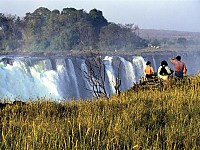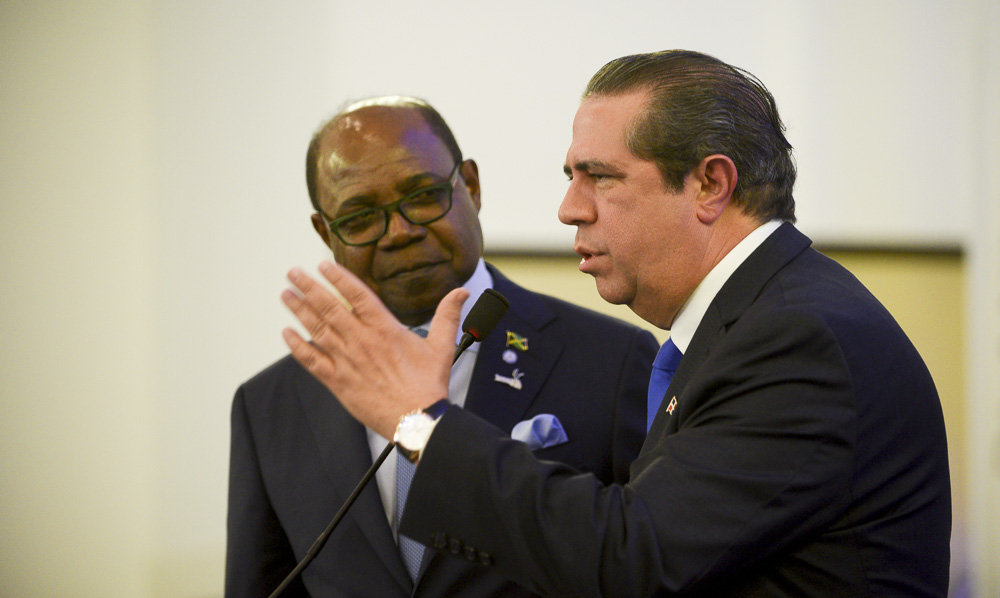
Not the best of times for Zimbabwe’s tourism industry. Tourist arrivals were down by 20% in 2015 in comparison to the previous year, according to the Employers’ Association of Tourism and Safari Operators, the reason was, quite predictably, the largely reported Ebola outbreak, which put the whole world in danger, but had its center in West Africa.
The industry isn’t backing down, though, and several actions have been put in place in order not only to improve on last year’s disappointing results, which saw companies suspending the payment of bonuses, but also beat 2009, a record-year for Zimbabwe.
Tourism stakeholders expect a 10% rise in demand, but insiders estimate that big marketing campaigns will be needed for companies to accomplish their goals.
2004’s Ebola outbreak cost Zimbabwe a whopping $6 million, as cancellations rained down and buyers withdrew from the important tourism expo, but the Zimbabwe tourism authority believes the industry is making its recovery.
Meanwhile, neighboring Zambia has been visited by an estimated 1 million tourists last year, registering a 3.24% growth on average over the last five years. According to Zimbabwe tourism insiders, a similar growth could be within reach if the Victoria Falls International Airport was to be completed.
The completion of the airport could make a really significant difference for the country, as it would triple the handling capacity of the Victoria Falls airport, allowing more airlines to be licensed in Zimbabwe and increasing the number of passenger to 1.2 million, where it now lays around 400,000.
Unfortunately, the introduction of VAT on foreign tourists’ expenses has not helped the industry’s case, and neither has the devaluation of African currencies like the South African rand, both of which have taken a further toll on tourism, especially seeing as South African tourists were responsible for a slight boost to the industry in 2015.
It isn’t just the overzealous actions of local governments or the scare of infectious diseases that is casting a shadow over Zimbabwe tourism though. Two lion sub-species, which are mainly found in the region, have been considered endangered, and a ban on hunting products is pending the US government’s approval.
The Zimbabwe Tourism Council has reacted to this impending ban by expressing its disappointment with this action which might have substantial impact on the hunting industry and thus on the already crippled tourism industry of the country.
USA is the biggest market for Zimbabwe’s hunting packages, which are likely to be affected, but the ban also causes fear that other countries will follow such example. The argument behind these fears is that hunters will be discouraged by the fact that they can’t import their hunted goods, and they will stop hunting altogether.
The ban comes after a tourist shot ‘Cecil, the Lion’, a popular Zimbabwe attraction, and is only the latest in a growing list of bans on local hunting products.
Hunting will be one of the main topics of the 2016 Tourism Convention, to be hosted in Victoria Falls from February 10 to 12, an event aimed at encouraging the various sectors, including the people and government, to get involved in the tourism industry.










